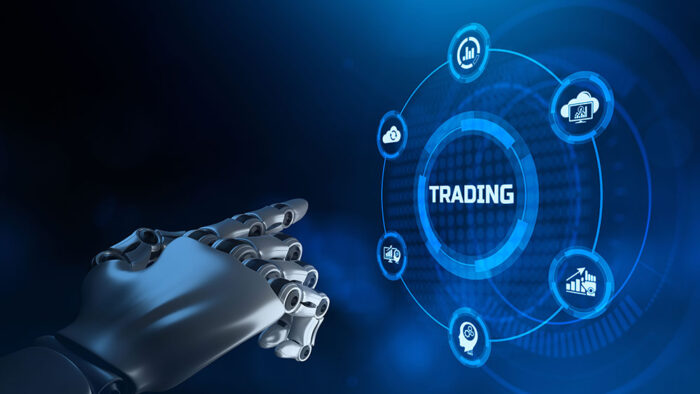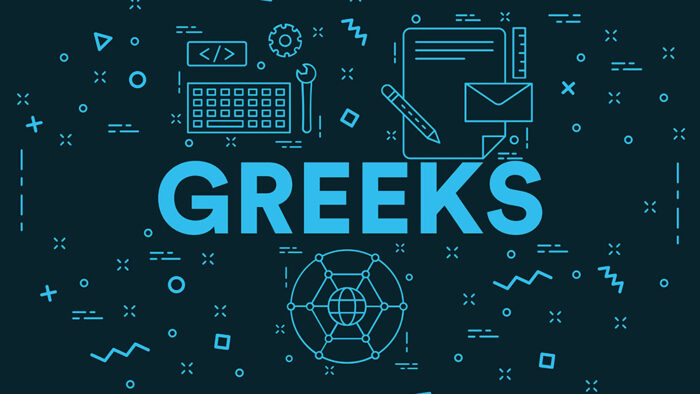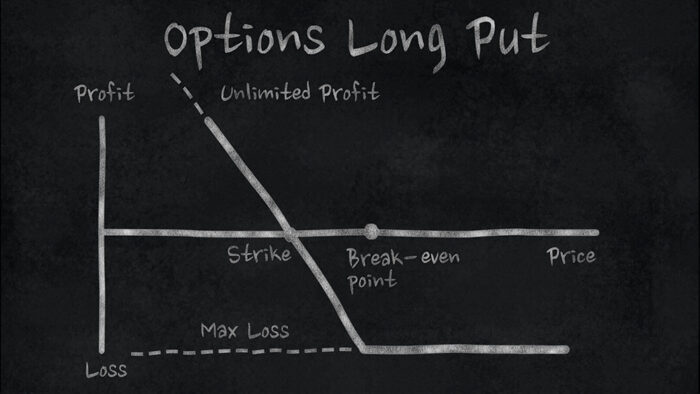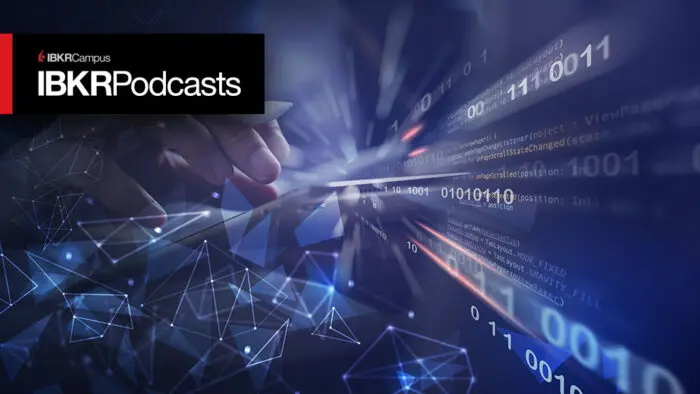So guys, as the saying goes, “Plan your trade and trade your plan” And, I’d like to start out by asking you what makes a trader?
For me it’s about three elements: You need to have a trading plan, you need to pull the trigger, and you need to be disciplined.
Meaning, you need to think of your setup that includes; The strategy that’s getting you in a trade, the entry, and the exit. If we don’t, it is usually very hard to think clearly when we’re emotionally invested in a trade.
For each his own, whatever the risk/reward ratio might be, as long as statistically our overall winnings are on the plus side, we should be fine. Simple right? Well, we all know better.
So, what are the pitfalls for all of our trading plans? It is our human nature.
- It is greed when we’re in a trade that’s going our way, we find it hard to simply close it as our plan suggested, so we keep it open, only to see things going against us.
- It is fear that prevents us from stopping our losses and ending up losing more than we should have.
- It is boredom that gets us in a trade just because it’s been a while since we saw our specific setup, and this one is ‘close enough’ .
- And sometimes it’s the fact we can’t always be there at the right moment, limitations.
It all comes down to the discipline necessary to stick to a good trading plan, which many of us lack. But not all traders suffer those pitfalls…
How has trading changed in the past few years?
In the last 20 years there has been a great shift in the financial trading industry.
Today more than 80% of the global trading volume is being traded using machines, algorithms that run massive trading orders on a magnitude that just keeps on growing. (Finding: https://www.cnbc.com/2019/06/28/80percent-of-the-stock-market-is-now-on-autopilot.html)
Trading has also changed by the fact that these days, we have more information than ever. We are swamped with data. The kind of data that was once very hard to come by is now flooding us all over.
As such, today, automated trading systems (ATS) are using much more than price and volume data. Many systems use fundamental data – Macro and Micro economic events, sentiment indicators, technical indicators, and inputs from other instruments and asset classes.
Also, unlike before, today, trading is available 24/7, around the world. Take the cryptocurrencies markets as an example, they trade 24 hours a day, 7 days a week.
So, it’s not a surprise that automation in trading is a trend that just keeps growing.
The reason is simple, when using machines, you are limitless. You can trade around the clock on multiple markets and at great speeds.
What is automated trading?
Basically, we’re setting predefined conditions, normally written in computer code to automate the process of buy and selling
This is very general, and by this definition it could apply to any computer-generated market operation.
At times, this term refers to order execution, irrespective of whether the origin of the actual underlying trading decision is computer generated or not.
At other times, this term can refer to the trading process where the computer entirely replaces the human trader, taking both the trading decision and (often, but not always) managing the execution. This could also be referred to as “automated trading”, “systematic trading”, or “black-box trading”.
Why should I automate my trading?
As we all know, it’s hard to remain objective when huge amounts of capital are at stake, especially in volatile conditions. I mean, who are we kidding, it’s our money on the line, right?
Let’s take, for instance, the forex market. The high volatility within, can be traced back to the political and/or economic factors that influence forex rates. This is why anyone who’s trading forex must constantly keep ahead of recent events in order to monitor currency fluctuations.
For example, a recession is one type of event that can lower the value of a currency.
That said, emotions are the pitfall of any trader. Overexcitement at favorable conditions or panic in the face of unfavorable ones in rapidly changing markets can lead to costly mistakes.
Automation takes emotions out of the picture and instead uses data to make objective decisions. Because of automation, trades have also become exponentially faster compared to previous decades. Being able to react automatically to sudden market changes gives us a huge trading edge.
And, the advantages are?
- Eliminating emotional influence – automation ensures that a strategy is applied in its most objective manner, devoid of any subjectivity that may arise when trading manually. Emotions are a major hindrance to successful trading among many traders. When using automated software, you do not have to worry about fear, greed, boredom or overconfidence creeping up to derail an otherwise working strategy.
- Preserving discipline – as I mentioned earlier, successful traders plan their trades, and trade their plan, religiously. It is difficult to maintain discipline in a fast-moving market where real money is on the line. Automated software solutions ensure that this is possible by making objective and repeated trading decisions at all times, regardless of the market conditions.
- Trade sophisticated strategies – Using automated trading solutions can help traders apply complex trading strategies in the market, which would ordinarily be difficult to do with the human mind. Whether it is applying complicated exit and entry conditions, or intricate trade management using trailing stops and time-sensitive alerts, you can achieve precision and complete objectivity using automated trading solutions.
- Backtesting – Automated trading solutions allow for easy backtesting on actual quantifiable data to determine their effectiveness, or lack thereof. Backtesting is a time-consuming activity, but with a trading robot doing the activity, results can be seen quickly, and appropriate tweaking or optimization can then be done, if necessary.
- Time saving – Time is our most valuable asset! If we look at our daily routines, they pretty much look the same. We sit in front of our trading desk, waiting for events to happen and react to them by placing trading orders. What a waste of time. Not to mention we can’t be available 24/7.If we allow a machine to take over these mundane tasks, we get our lives back. We can free ourselves to do other things or maybe focus on researching new trading techniques. We can simply do more is the short answer.
- Managing Risk – There are so many global events that once occurred can impact our portfolio. Not all of them we can think of ahead of time, but for those we can, we can set rules to protect our portfolios in advance. Even in the most volatile of markets, automated trading is hugely beneficial to protect your bank. Human emotions such as fear of accepting a loss or even a fear of missing out on a trade can all encourage manual traders to open positions they really shouldn’t be in. By abiding by automated trading rules and conditions, you can be sure that your trades are only executed at the right time and your orders will always be closed once your profit and loss benchmarks are hit. Your trading plan can be followed to the absolute letter.
- Speed and Accuracy – Automated trading solutions monitor the markets faster, obviously, and more accurately than any human mind can manage. They are able to track trading opportunities across multiple assets and make accurate trading decisions in real-time. Trade orders will be executed as soon as set conditions are met, with no human errors involved.
Visit Capitalise.ai for additional insight on this topic: https://capitalise.ai/
Disclosure: Interactive Brokers
Information posted on IBKR Campus that is provided by third-parties does NOT constitute a recommendation that you should contract for the services of that third party. Third-party participants who contribute to IBKR Campus are independent of Interactive Brokers and Interactive Brokers does not make any representations or warranties concerning the services offered, their past or future performance, or the accuracy of the information provided by the third party. Past performance is no guarantee of future results.
This material is from Capitalise.ai and is being posted with its permission. The views expressed in this material are solely those of the author and/or Capitalise.ai and Interactive Brokers is not endorsing or recommending any investment or trading discussed in the material. This material is not and should not be construed as an offer to buy or sell any security. It should not be construed as research or investment advice or a recommendation to buy, sell or hold any security or commodity. This material does not and is not intended to take into account the particular financial conditions, investment objectives or requirements of individual customers. Before acting on this material, you should consider whether it is suitable for your particular circumstances and, as necessary, seek professional advice.
Disclosure: Forex
There is a substantial risk of loss in foreign exchange trading. The settlement date of foreign exchange trades can vary due to time zone differences and bank holidays. When trading across foreign exchange markets, this may necessitate borrowing funds to settle foreign exchange trades. The interest rate on borrowed funds must be considered when computing the cost of trades across multiple markets.
Disclosure: Bitcoin Futures
TRADING IN BITCOIN FUTURES IS ESPECIALLY RISKY AND IS ONLY FOR CLIENTS WITH A HIGH RISK TOLERANCE AND THE FINANCIAL ABILITY TO SUSTAIN LOSSES. More information about the risk of trading Bitcoin products can be found on the IBKR website. If you're new to bitcoin, or futures in general, see Introduction to Bitcoin Futures.

















